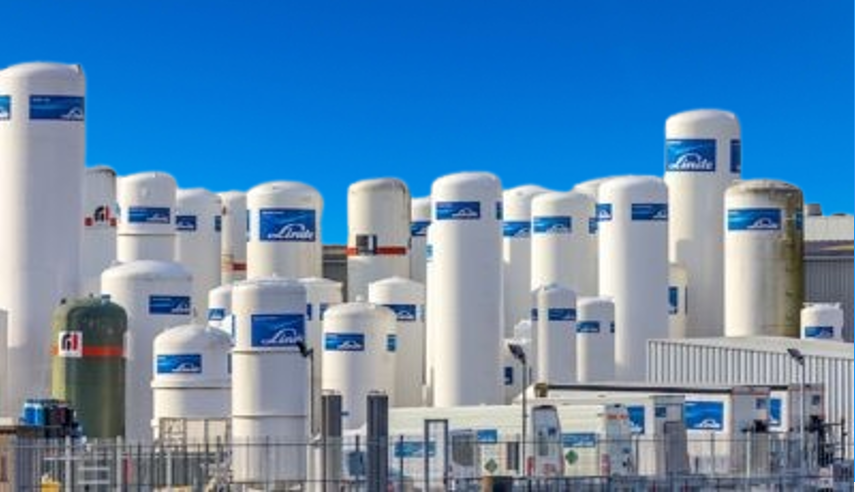Hyundai Motor Group has set a new benchmark in sustainable energy with the launch of the world’s largest waste-to-hydrogen plant, a cutting-edge facility that transforms food waste and sewage sludge into clean hydrogen fuel. The plant, located in Chungju, South Korea, has the capacity to produce more than 30,000 tons of hydrogen annually, contributing significantly to the global push for renewable energy solutions.
How It Works:
The innovative process relies on anaerobic digestion, where organic waste is broken down in an oxygen-free environment to produce biogas. This biogas is then refined into hydrogen fuel, offering a sustainable alternative to conventional energy sources.
Real-World Impact:
Every day, Hyundai’s plant processes 60 tons of food waste, producing over 1,000 pounds of hydrogen. This not only provides an environmentally friendly fuel source but also reduces the environmental burden of food waste and sewage sludge.
Looking Ahead:
Hyundai aims to expand this groundbreaking technology globally, potentially revolutionizing hydrogen production while tackling the dual challenges of waste management and clean energy generation. The plant represents a critical step toward building a circular economy, where waste is not just discarded but repurposed as a valuable resource.
This innovation could play a key role in advancing clean transportation and fostering sustainable urban development. As hydrogen fuel becomes more accessible, it holds the promise of transforming industries, reducing pollution, and paving the way for a greener future.
References:
- Hyundai Motor Group Official Press Release
- Sustainable Energy Solutions
Hydrogen Production and Storage Photo by Raymond Spekking (CC BY-SA 4.0)

